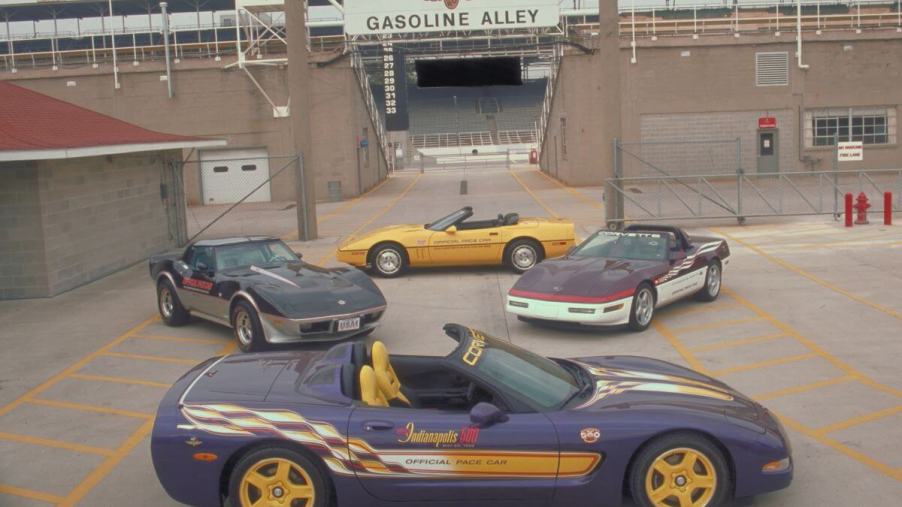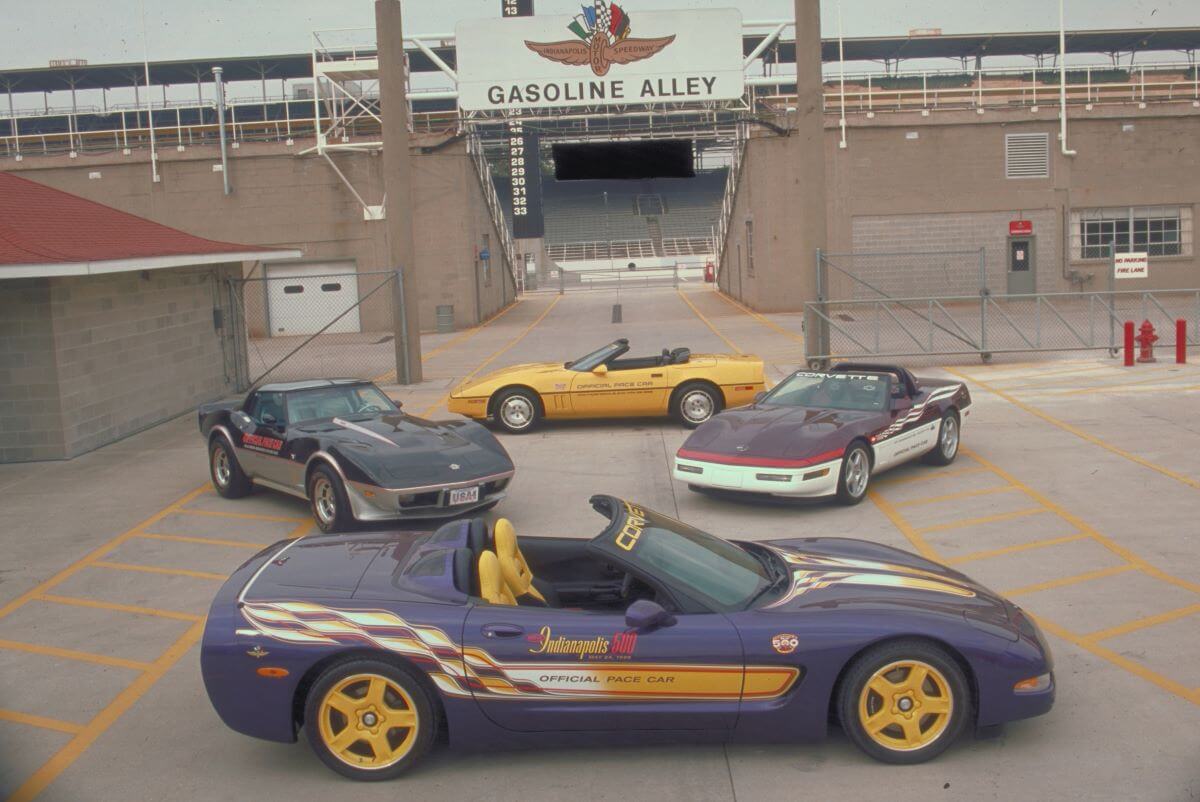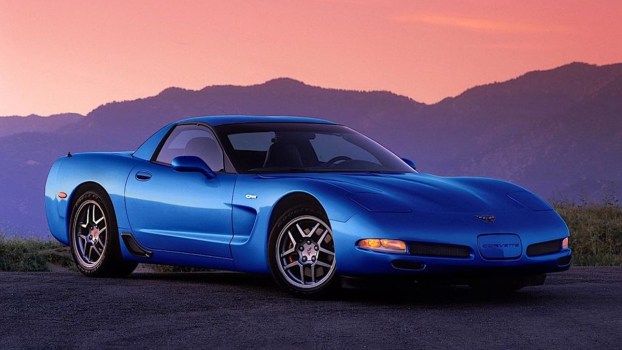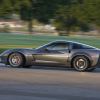
Avoid 1 C5 Corvette Model Year if You Want a Reliable Sports Car
The Chevrolet C5 Corvette is an excellent choice for sports car enthusiasts on a budget. It’s a beautiful sports car model and generation with a powerful engine, fierce handling, impressive fuel economy, and cheap and readily available spares. It also offers endless modification and customization support, from the exterior to the powertrain, making it a perfect canvas for sports car enthusiasts to transform their ride into something truly unique and personalized.
However, if you want a reliable sports car, it would be best to avoid one edition of the Chevrolet C5 Corvette—the 1998 Corvette C5.
The history of the Chevrolet C5 Corvette

The Corvette C5 is the fifth generation of the Corvette and was produced for the 1997 through 2004 model years. It was supposed to debut for the 1993 model year to celebrate the Corvette’s fortieth anniversary but was delayed due to financial issues and changes in General Motors’ staff. When unveiled in January 1997, it was an instant hit and became one of the most sought-after sports cars of the time.
The Chevy Corvette C5 succeeded the earlier C2, C3, and C4 generations, including the best-selling Chevrolet Corvette of all time, the 1979 C3. It was a significant update over its predecessors, sharing very few parts with them and pushing the boundaries of technology and performance.
It has a beautiful fiberglass body with a pointy front end and a long hood, titanium exhaust, and the iconic pop-up headlights lacking in today’s sports cars. The spacious interior is well-appointed with plush leather upholstery and head-up display technology, uncommon in American vehicles at the time. It initially launched as a two-door coupe, but Chevrolet later introduced a convertible model, followed by a hardtop version a year later.
The Chevy Corvette C5 was the first car to feature the exceptionally powerful and reliable LS V8 engine. Its 5.7-liter LS1 V8 titan output is 345 horsepower with either a six-speed manual or a four-speed automatic transmission. It has comparatively high EPA ratings for its time of 18/25 mpg city/highway with the manual transmission and 19/28 mpg with the manual transmission.
Coupling the powerful engine with the impressive 50/50 weight distribution, it was one of the fastest Corvettes ever. Later model years used the upgraded LS6 engine that boosted performance to 385 hp and later to 405 hp for 2002, and the fuel economy dropped to 17/26 mpg city/highway.
Why is the 1998 Chevy Corvette C5 the worst model year?
The Corvette C5 had a few problems and recalls like any other car. However, the 1998 model has some alarming registered-owner complaints and recalls, according to HotCars, that prove it’s a very problematic model year.
Registered-owner complaints
The 1998 Corvette C5 has over 400 registered owner complaints on the National Highway Traffic Safety Administration (NHTSA) website. Over half of these complaints concern the steering, and many others relate to the electrical system, engine and engine cooling, fuel system, powertrain, seats and seatbelts, and service brakes.
Many steering wheel problems involved seizing and locking, so drivers had to replace the steering plate, shaft, lock, and wheel. Unfortunately, many owners report that they had to pay out of their own pockets because the VIN of their cars was not part of the recall.
Most engine problems involve the engine shutting down when driving. Some drivers had to stop in the middle of the fastest lane on the freeway, risking their lives. Another common engine problem is exhaust system failure which causes the exhaust fumes to be pulled into the passenger compartment.
The registered-owner complaints on the NHTSA website reveal the extent of the 1998 Corvette C5’s unreliability.
Recalls
The 1998 Corvette C5 has received four recalls. The first recall was because the headlights didn’t meet the required standards for visibility and brightness, reducing the driver’s visibility, especially in low-light conditions. The second recall was concerned with the lap belt webbing jamming in the retractor, making seatbelts unusable, according to the Corvette Forum.
The third Corvette C5 recall involved the most significant safety issue—the malfunctioning electronic column lock system. It would randomly shut off engine power or refuse to unlock the steering wheel when in motion. After the recall, several owners were upset with how the manufacturer handled this factory defect, prompting the NHTSA to launch investigations to further address this problem.
Later C5 Corvette model years are more reliable
You should avoid earlier models of the Corvette C5 if you want a reliable car, especially the 1998 model year. However, every generation is better than its predecessor, so if you must get a ‘Vette, consider C5 models from 2002 to 2004, which are significantly more reliable.
However, all C5 models across the generation tend to have common issues. Major C5 Corvette problems across the generation include corroding grounding wires, burning up engine oil, locking steering column, leaking differential, and the LS1’s failing needle bearings. Despite these issues, the Chevrolet Corvette C5 is still a great car.



